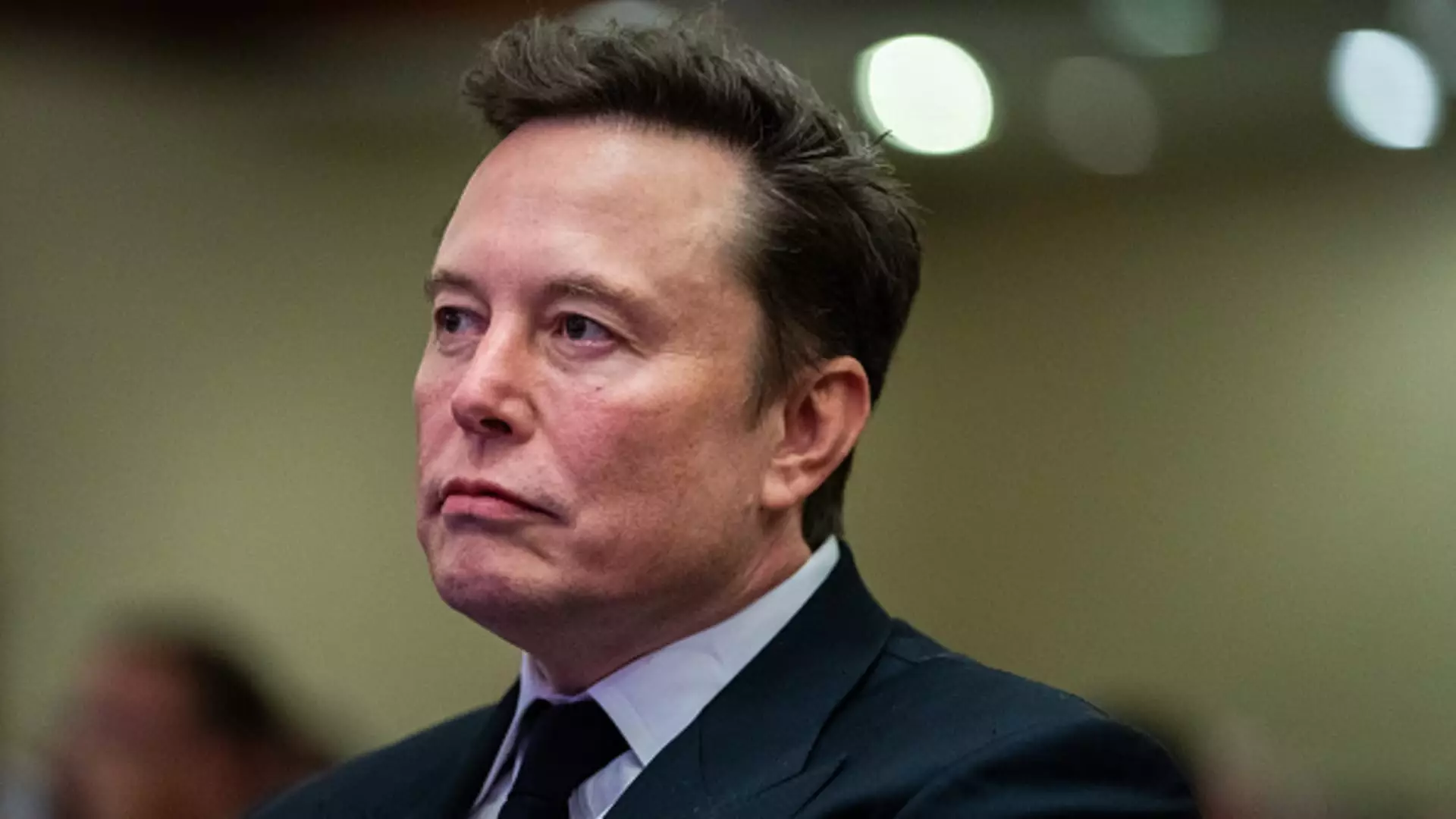In a landmark decision, a Delaware court upheld a ruling that nullified Elon Musk’s extravagant 2018 CEO compensation package, valued at an astounding $56 billion. This legal verdict marks a significant chapter in corporate governance and the scrutiny of executive compensation, particularly for a figure as influential as Musk, whose decisions extend beyond Tesla and into the global economic landscape. Chancellor Kathaleen McCormick, the presiding judge, previously deemed the process through which Musk’s pay package was approved as “deeply flawed,” indicating that the board of directors lacked autonomy and objectivity when negotiating the terms of Musk’s pay.
The ruling reflects growing concerns about the checks and balances in public company boardrooms, where the potential for self-dealing becomes increasingly significant. Musk’s assertion that the ruling was “absolute corruption” highlights a contentious narrative around power dynamics within major corporations, where executives often hold unparalleled influence over their boards. This scenario provokes an essential question: How can boards ensure they operate independently in an environment dominated by powerful CEOs?
At the heart of this legal battle is the advocacy from Tesla shareholders who sought to challenge the validity of Musk’s pay package. Following McCormick’s initial decision, a shareholder vote was conducted to ratify Musk’s pay structure in June 2024, a move that was anticipated to bolster Musk’s position. However, the chancellor clarified that such a vote could not retroactively legitimize an improperly granted pay package. This delineation lays bare the limitations of shareholder voting power in rectifying governance oversights.
The notion that shareholder approval could organically heal governance missteps points to a potential exploitation of the voting process. If defeated parties like Musk could merely leverage shareholder sentiments to seek to reverse judicial conclusions, it would set a precedent of endless litigation, bogging down legal systems with contested verdicts. The $345 million legal fee awarded to Musk’s opponents marks a symbolic win not just for individual shareholders but for the principles that underpin corporate accountability and fiduciary responsibility.
Despite facing setbacks in the courtroom, Musk’s financial trajectory remains remarkably robust. His fortune has surged by over $43 billion since Donald Trump’s election victory, suggesting that external political dynamics may also influence market perceptions of his enterprises. Tesla shares saw a 42% rise shortly after the election, driven by optimism that Musk’s relationship with the incoming administration may yield favorable policies for his companies.
This introduces a pertinent discussion about the interplay between political environments and corporate wealth. Musk’s continued financial ascent underscores how external factors, such as government policies and stock market trends, can outweigh legal troubles. His net worth, driven significantly by his shares in Tesla—valued at nearly $150 billion post-ruling—means Musk remains entrenched among the wealthiest individuals globally, despite the ongoing judicial challenges against his executive compensation.
As Tesla undergoes these tumultuous proceedings, the broader implications for corporate governance are resounding. The Musk case exemplifies critical issues surrounding executive compensation and board accountability, shedding light on the need for reforms that minimize undue influence from CEOs over their directors.
Moreover, the shift of Tesla’s incorporation from Delaware to Texas, initiated by Musk’s discontent with the Delaware court, signifies a growing trend among large corporations to seek jurisdictions perceived as more favorable to their operational strategies. This shift raises questions about how corporate governance norms differ across states and what values they prioritize.
As the business landscape evolves, it remains imperative for stakeholders—investors, employees, and regulators alike—to remain vigilant in safeguarding responsible governance practices. The outcome of Musk’s appeal will certainly reverberate through corporate America and shape the conversation around ethical leadership in the tech industry and beyond. Musk’s saga offers a complex narrative about power, accountability, and the constant balancing act between ambition and ethics in the modern corporate realm.

